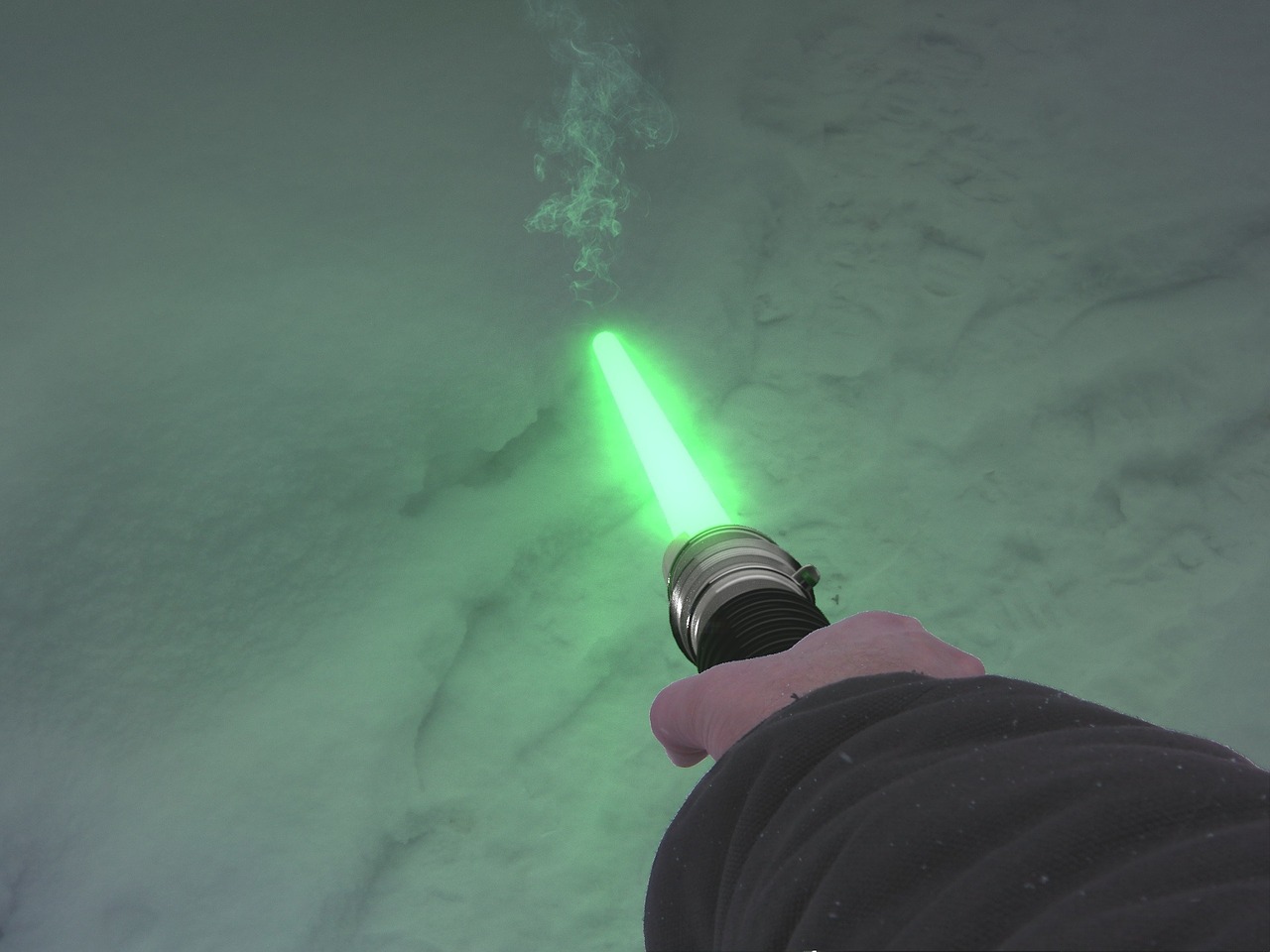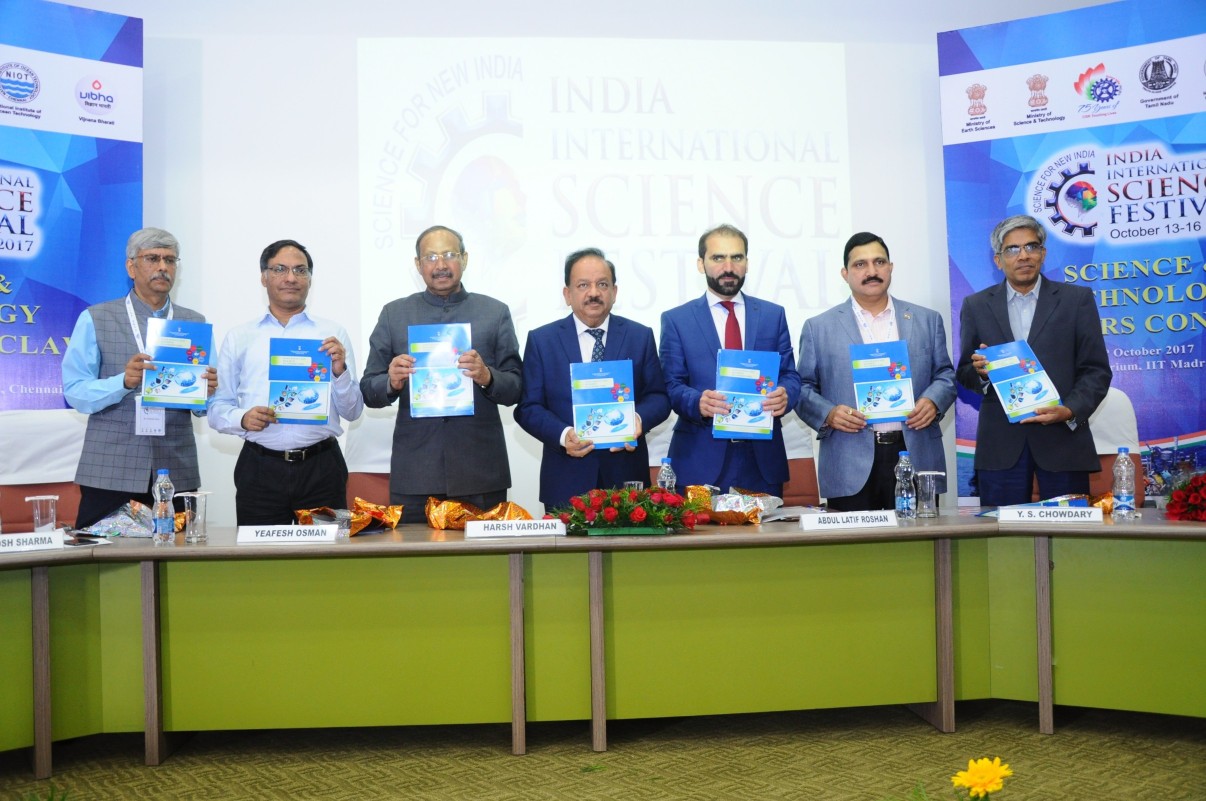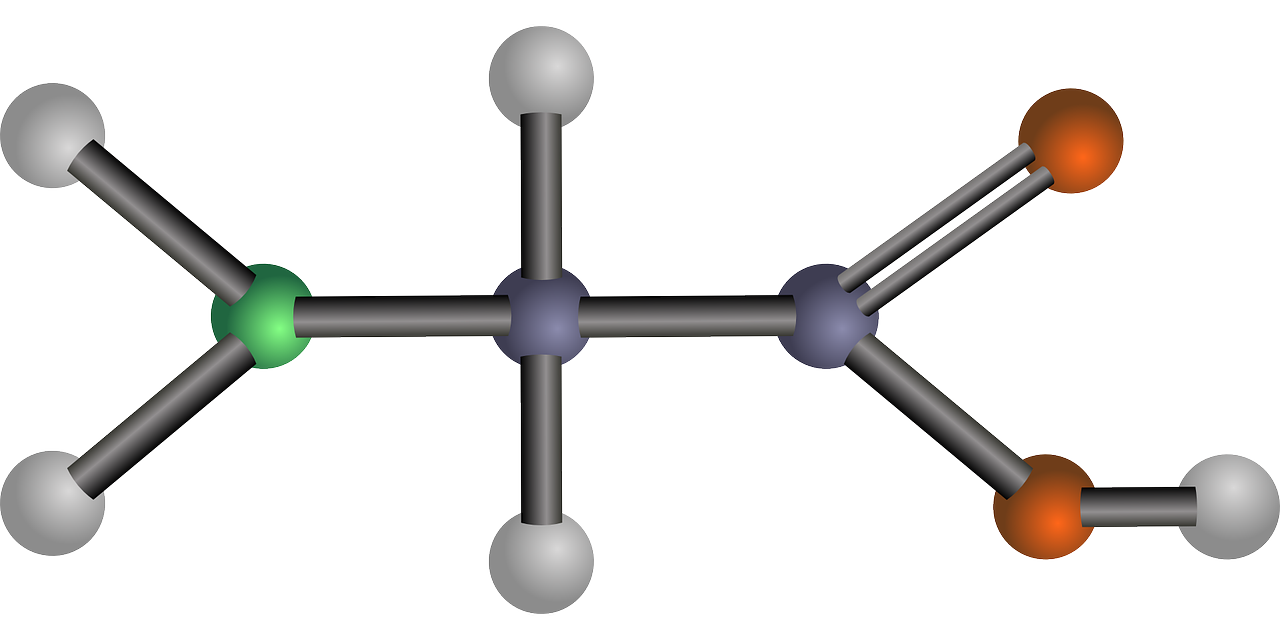
Research Stash Weekly Review #19
Summary of the latest news in science and technology research across the world, carefully handpicked by team Research Stash
Scientists discover the world’s oldest colors
Scientists from The Australian National University (ANU) and overseas have discovered the oldest colors in the geological record, 1.1 billion-year-old bright pink pigments extracted from rocks deep beneath the Sahara desert in Africa. Read more
Cancer-causing gene may have ‘jumped’ from plants into humans
Genes that cause cancer may have originated in plants and then “jumped” into humans, according to a new study. Read More
Salamander’s Genome Guards Secrets of Limb Regrowth
With a fully sequenced genome in hand, scientists hope they are finally poised to learn how axolotls regenerate lost body parts Read More
Stress in Early Childhood Could Make The Brain’s DNA Remap Itself
Our first few years of life play a crucial role in our brain’s wiring. New research suggests our experiences might also be influencing changes in our neurons at a genetic level. Read More
MIT researchers automate drug design with machine learning
Developing and improving medications is typically a long and very involved process. Chemists build and tweak molecules, sometimes aiming to create a new treatment for a specific disease or symptom, other times working to improve a drug that already exists. Read More
Controversial CRISPR ‘gene drives’ tested in mammals for the first time
Experiments in mice suggest that the technology has a long way to go before being used for pest control in the wild. Read More
Sperm quality improved by adding nuts to diet, study says
Men who ate about two handfuls of mixed almonds, hazelnuts and walnuts daily for 14 weeks improved their sperm count and had more viable “swimmers”, scientists found. Read More
Your Feelings of Loneliness Could Be in Your Genes, New Study Reveals
How lonely we feel, or how often we want to socialize, seems to be partly determined by our genetic coding, new research reveals – and that potentially offers new ways to tackle health problems associated with loneliness. Read More
A Toddler Who Lived 3 Million Years Ago Could Walk Upright and Capably Climb Trees
A re-analysis of a three-million-year-old fossil suggests Australopithecus afarensis, an early hominid, had children who were as capable on two feet as they were in the trees—an important discovery that’s shedding new light on this critical stage in hominid evolution. Read More
Scientists use test-tube science to save a nearly extinct rhino
Scientists say they’ve used human test-tube baby techniques to try to save the nearly extinct northern white rhino. Read More
Did you miss previous weekly reviews? You can read them from here
If you liked this article, then please subscribe to our YouTube Channel for the latest Science and Tech news. You can also find us on Twitter and Facebook.


